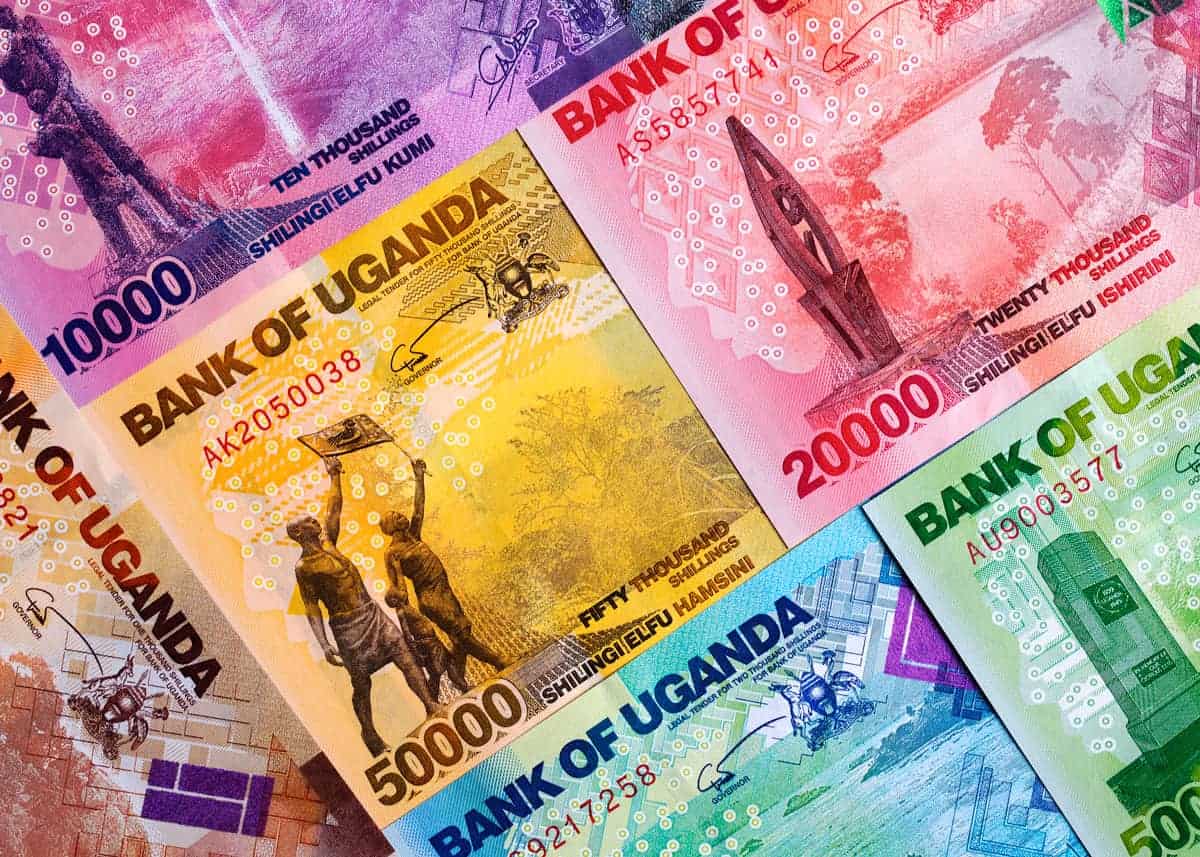Sudan, plagued by the relentless power struggle between the Sudanese Armed Forces (SAF) and the Rapid Support Forces (RSF), has spiraled into a dire humanitarian catastrophe since the eruption of conflict in April 2023. This turmoil has not only exacerbated existing challenges but has also plunged the nation into unprecedented depths of suffering and displacement.
Before the conflict erupted, Sudan was already grappling with severe humanitarian crises, compounded by political instability, economic strains, and environmental pressures. An alarming 15.8 million people were reliant on humanitarian aid for survival. Now, with the conflict raging on, the number of individuals in need has soared to almost 25 million—more than half of Sudan’s population.
The impact of this conflict is far-reaching, extending beyond mere displacement and disruption of livelihoods. Humanitarian access has been severely curtailed, impeding aid delivery to vulnerable communities and exacerbating an already dire situation.
The gravity of the crisis is set to worsen in the coming years, with projections indicating escalating displacement and heightened risks across the region. As the conflict rages on, urgent action is imperative to address the multifaceted challenges facing Sudan’s populace.
The conflict, primarily concentrated in Khartoum, has not spared other regions of the country. In Darfur, reports of mass killings and ethnic cleansing have emerged, adding another layer of horror to an already grim reality. Over 12,000 lives have been lost, and a staggering 5.9 million individuals have been internally displaced, marking Sudan as the epicenter of the world’s largest internal displacement crisis.
Expansion of the conflict into Al Jazirah state has further exacerbated the food crisis, displacing over 500,000 people and perpetuating widespread hunger. Moreover, the looting of essential resources and humanitarian aid compounds the challenges, amplifying the suffering of already vulnerable populations.
Compounding the crisis is the near-collapse of Sudan’s healthcare system, exacerbated by attacks on medical facilities and acute shortages of personnel and supplies. With over 70% of health facilities in conflict-affected areas rendered inoperable, the situation is dire. Outbreaks of measles and cholera have claimed countless lives, disproportionately affecting children and underscoring the urgent need for medical intervention.
Economically, Sudan faces unprecedented challenges, with rampant inflation and widespread unemployment gripping the nation. The devaluation of the Sudanese pound and the destruction of vital infrastructure have exacerbated poverty and scarcity, plunging millions into further despair. The closure of schools and disruption of education have left an entire generation at risk, with millions of children deprived of their fundamental right to learning.
Food insecurity looms large over Sudan, with a staggering 17.7 million individuals facing crisis levels of food insecurity. The displacement stemming from the conflict has disrupted agricultural production, driving up prices and exacerbating hunger and malnutrition. As the situation deteriorates, urgent measures are required to avert a full-blown humanitarian catastrophe.
Internally, over 9.6 million people have been displaced within Sudan’s borders, while more than 1.4 million—predominantly women and children—have sought refuge in neighboring countries. This mass displacement not only strains Sudan’s resources but also poses a regional threat, with the potential to destabilize neighboring nations and trigger a cascading humanitarian crisis across borders.
According to a report by Relief Web on the Humanitarian Needs and Response Plan, before April 15, 2023, the Central African Republic (CAR), Chad, Egypt, Ethiopia, and South Sudan were already grappling with significant populations of refugees, migrants, and internally displaced persons. Among them were over 800,000 Sudanese refugees scattered across these nations. In Chad, the influx of newcomers compounds the existing situation, adding to the 400,000 Sudanese refugees that have been residing in the eastern region for approximately two decades.
In South Sudan, where 76 percent of the populace already required humanitarian aid, an additional strain was placed by the arrival of 290,000 Sudanese refugees before April 2023. Similarly, Ethiopia was already contending with over 20 million individuals in need of humanitarian assistance, alongside 50,000 Sudanese refugees who arrived before the specified date. Egypt, historically a haven for many Sudanese, witnessed a substantial increase in Sudanese refugee arrivals in 2023, ranking second highest.
The refugees from third countries also found themselves in precarious situations upon arrival, necessitating immediate humanitarian and protection aid as well as support for their onward journey or repatriation.
The conflict’s repercussions extended beyond Sudan’s borders, disrupting trade, inflating costs, and straining existing humanitarian efforts, thereby exacerbating the plight of vulnerable host communities. This scenario heightened tensions among refugees, returnees, and local populations, particularly regarding the competition for limited resources.
In host countries, the vulnerability of women and girls worsened due to inadequate assistance and insufficient infrastructure, leading to heightened risks of gender-based violence, including sexual exploitation.
To meet their basic needs, refugees resorted to detrimental coping mechanisms such as selling assets, compromising meal quantity and nutritional value, begging, engaging in sex trade, forced and child marriages, accumulating debts, and withdrawing children from school for exploitative labor. Instances of resource denial, intimate partner violence, and sexual exploitation perpetrated by community members also saw an uptick.
In the face of escalating conflict and mounting humanitarian needs, concerted international efforts are imperative. Immediate action must be taken to alleviate the suffering of Sudan’s populace, including the provision of essential aid, restoration of healthcare services, and support for livelihoods and education.
Furthermore, diplomatic endeavors must be intensified to facilitate a peaceful resolution to the conflict, paving the way for long-term stability and recovery. Regional cooperation is essential to mitigate the spillover effects and prevent the crisis from engulfing neighboring countries.
As the international community grapples with myriad challenges, the plight of Sudan cannot be overlooked. Urgent action is needed to avert a humanitarian catastrophe of unprecedented proportions and provide hope and relief to millions who continue to suffer amidst the chaos of conflict. Only through collective action and unwavering commitment can the people of Sudan find solace and rebuild their shattered lives.


